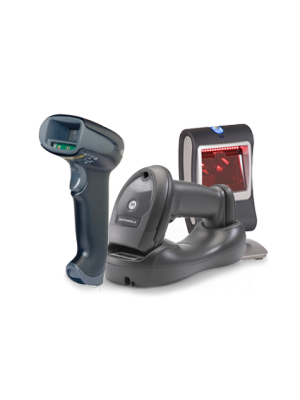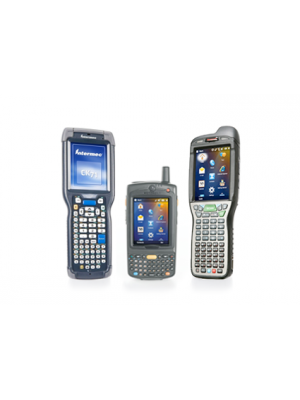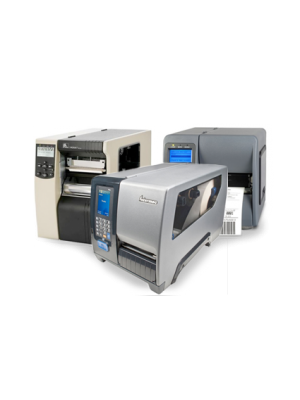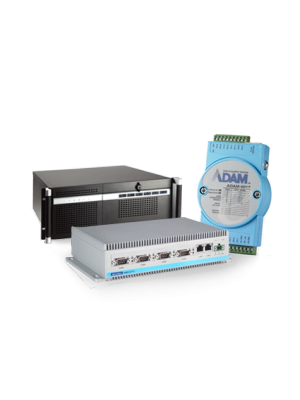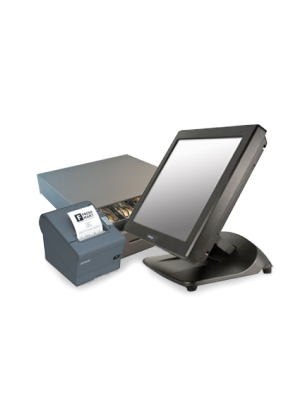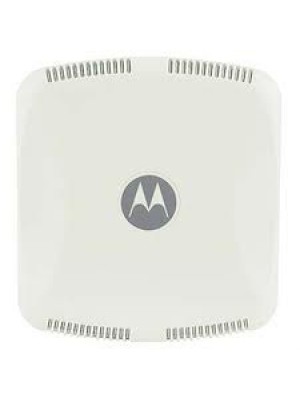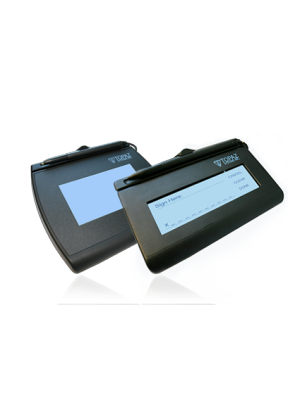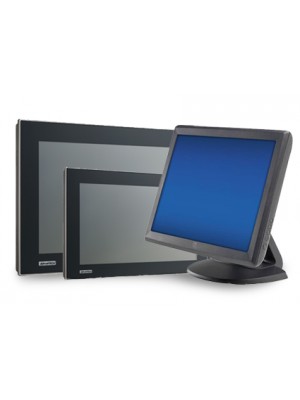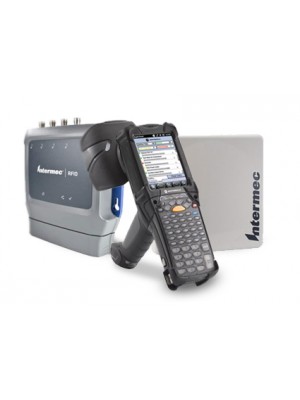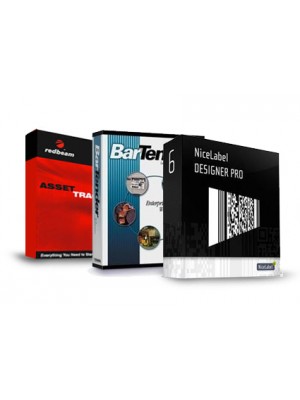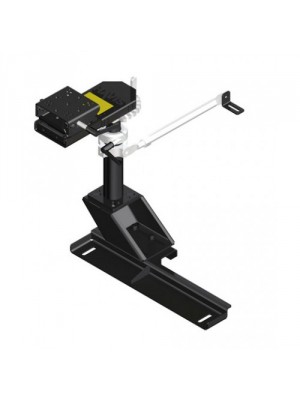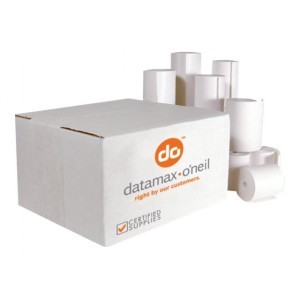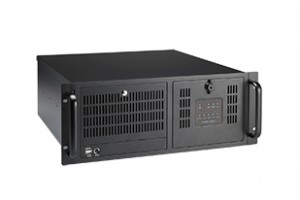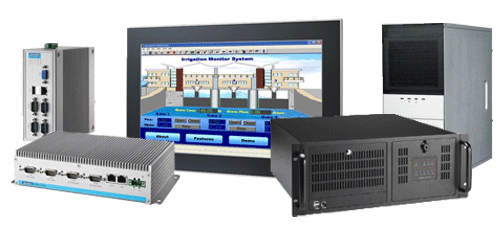 In Part I of 10 Tips for Successful Industrial PC Configuration, I discussed PC Form Factor, Power Supply Options and ISA/PCI/PCIe Cards. Today, Part II will review Advantech’s Board Level I/O & Video, CPU/CPU Fan Selection and Memory Requirements. This is the “meat and potatoes” of a PC. There are many options to consider and several ramifications to each selection, depending on your requirements.
In Part I of 10 Tips for Successful Industrial PC Configuration, I discussed PC Form Factor, Power Supply Options and ISA/PCI/PCIe Cards. Today, Part II will review Advantech’s Board Level I/O & Video, CPU/CPU Fan Selection and Memory Requirements. This is the “meat and potatoes” of a PC. There are many options to consider and several ramifications to each selection, depending on your requirements.
Board Level I/O & Video, CPU/CPU Fan Selection and Memory Requirements:
 4. Board Level I/O &Video
4. Board Level I/O &Video
In addition to I/O cards, you’ll want to consider what onboard I/O & Video you will want the PC you purchase to provide. I’m specifically referring to 10/100 FE & 10/100/1000 GbE Ethernet (LAN), RS-232/422/485 Serial (COM), USB 2.0/3.0, VGA, DVI, HDMI, PS/2, Parallel, Audio, Resolution and Onboard Graphics. With rack mount/wall mount/desktop PCs, the limitations are dictated by the actual size of the chassis. This is also the case with any of the TPCs, PPCs and IPPCs. One area where this isn’t the case, however, is with Embedded Automation Computers. These fanless PCs are designed to provide maximum I/O output without taking up a ton of space. The intrigue of utilizing this solution is the ability to adhere to smaller space restrictions where higher amounts of I/O are critical. Take the time to see what features and how much I/O you require before looking into selecting a possible solution. In my past experiences, customers have been relieved when they realize that I can get them what they need, rather than sacrificing for what they initially see.
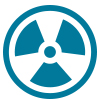 5. CPU/CPU Fan Selection
5. CPU/CPU Fan Selection
It’s important to determine the minimum CPU requirements of your software, so that when considering a solution, you can reference the product data sheet to see if the board you have in mind will support what you need to do. Since CPUs are tied directly to chipsets, the result of your selection will also have an impact on the type of onboard I/O, video, RAID and ISA/PCI/PCIe architecture that board will support. Keep in mind that the chipsets are constantly evolving. With Industrial PCs, it takes a bit longer to see the latest and greatest CPUs become available. This is because Industrial PCs are built for long term availability. Industrial boards don’t last six months and then go away like most retail solutions do. They are designed with a 5-7 year availability window in mind. With CPUs also come CPU fans. You’ll need to determine the appropriate CPU fan for not only your chassis but CPU as well. There are usually two to three fans recommended for each processor depending on the amount of space and fan angle required. With Embedded PCs, TPCs, PPCs and IPPCs, CPU and fan selection is not an issue. Both are located onboard and are pre-assembled in the bare units. Most units will have a few different “flavors” of CPU speed, so it’s important to select the appropriate model.
 6. Memory Requirements
6. Memory Requirements
The type and amount of memory in Embedded PCs, TPCs, PPCs and IPPCs is predetermined and supplied with the unit, so this is another scenario where the specifications on the product data sheet will tell you what you are getting. When it comes to rack mount/wall mount/desktop PCs, it’s a different story. Microsoft Windows XP Pro SP3, XP Embedded, Windows Embedded Standard 7P and Windows 7 Pro 32-bit only support 4GB RAM. There’s no reason to add more since it won’t be utilized. For Windows 7 Pro 64-bit and Windows Server, you can use more than 4GB RAM since both operating systems have support for that. You must also consider the type and amount of memory that the board you have selected will support. Referencing the product data sheet will provide you with the Technology, Maximum Capacity and Socket, so that you can select the appropriate RAM.
That’s going to wrap it up for Part II. Stay tuned for Part III, in which I will discuss Advantech’s Storage, RAID, Operating System and Longevity. If you would like to discuss anything covered or have questions about the current options available to you, feel free to contact me via email at jeremy.miller@l-tron.com or via phone at (800) 830-9523 ext 126.
Learn more about Advantech here.
About the Author:
 Jeremy Miller is L-Tron’s Industrial Automation and Advantech Product Specialist. Jeremy is highly trained and brings over 10 years of experience in the industrial control, data acquisition and test & measurement markets. Jeremy holds Advantech certifications in: Industrial Platform, Industrial Operator Panel, Automation Controller & I/O, Industrial Communication, & Automation Software. Jeremy can be reached at (800) 830-9523 ext 126; jeremy.miller@L-Tron.com
Jeremy Miller is L-Tron’s Industrial Automation and Advantech Product Specialist. Jeremy is highly trained and brings over 10 years of experience in the industrial control, data acquisition and test & measurement markets. Jeremy holds Advantech certifications in: Industrial Platform, Industrial Operator Panel, Automation Controller & I/O, Industrial Communication, & Automation Software. Jeremy can be reached at (800) 830-9523 ext 126; jeremy.miller@L-Tron.com


